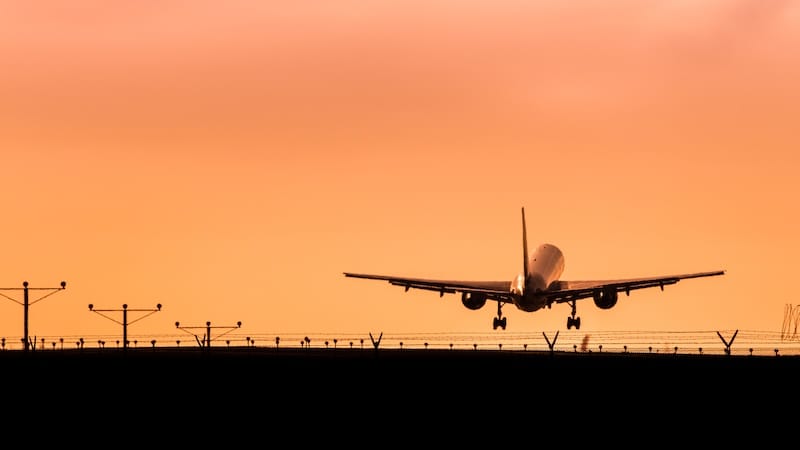
Aviation is not exactly known for its climate-friendly orientation. But researchers at the University of Cambridge have now discovered how this could be changed. They suggest slower flights as this would reduce emissions.
Aviation is currently responsible for around 2.5 percent of global CO2 emissions. This emerges from a new study by the University of Cambridge. If the non-CO2 effects are also included in this calculation, the aviation sector even contributes around four percent to global warming.
What is particularly remarkable is that only around ten percent of the world's population actually takes part in air transport. However, this number could increase significantly as income increases.
It is therefore urgently necessary for researchers to rethink aviation. For this reason, they have formulated goals for sustainable aviation by 2030.
Lower emissions in aviation through slower flights
Air traffic should be CO2-neutral by 2050. At least that is the goal in European aviation. According to the researchers, now is the time to act “quickly and decisively.”
Otherwise, the aviation sector runs the risk of “missing the opportunity to achieve net zero emissions by 2050”. This, in turn, could delay crucial technological and economic changes.
Despite ambitious commitments from governments and industry to reduce air traffic to zero by 2050, the sector is still dangerously far from achieving this.
In some cases, the proposed solutions are also part of the problem. Because these could worsen the crisis. This could, for example, trigger biomass as aircraft fuel if its environmental impact was not taken into account.
The researchers have drawn up “an ambitious five-year plan” to achieve the goals in the aviation sector. This contains four goals for sustainable aviation that aviation could achieve by 2030.
If aviation fails to meet these goals in the next five years, “the world could face the escalating climate impacts of a rapidly growing aviation sector.” This could at least double by 2050.
This is how the aviation sector could achieve its climate goals
One of the four goals from the five-year plan envisages increasing efficiency and the associated reduction in fuel consumption. To do this, the industry would have to implement “several bold efficiency measures” but could reduce fuel consumption by up to 50 percent by 2050. With conventional measures, however, the rate is only 22 percent.
These measures include, among other things, the renewal of aircraft fleets. Aircraft production must be adjusted so that the age of the fleet is halved. By building new aircraft more quickly and integrating them into airline fleets, fuel consumption could be reduced by eleven to 14 percent.
Another of these “bold” measures involves slower flights to reduce emissions. Similar to cars, lower speeds could reduce fuel consumption.
The researchers suggest a reduction in flight speed of around 15 percent. A transatlantic flight would take around 50 minutes longer. However, the aircraft would also use five to seven percent less fuel.
Also interesting:
Source: https://www.basicthinking.de/blog/2024/10/23/langsamere-fluege-emissionen/


